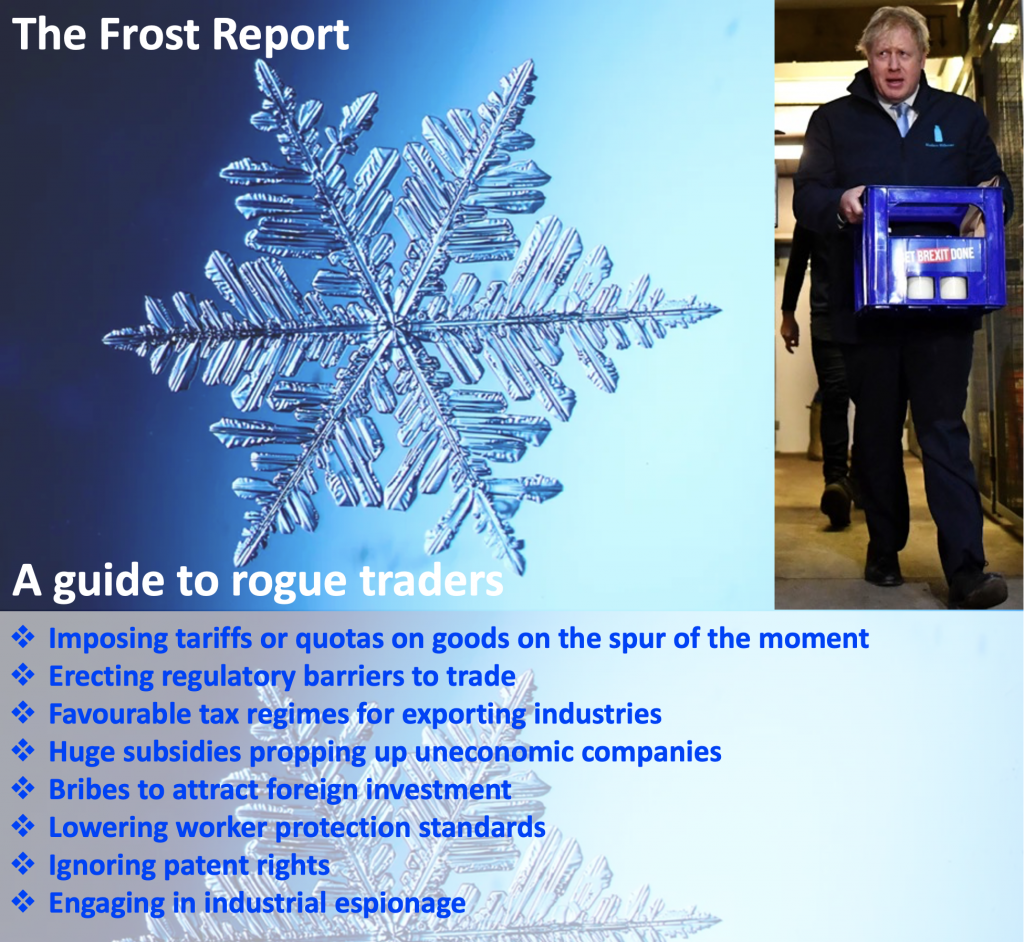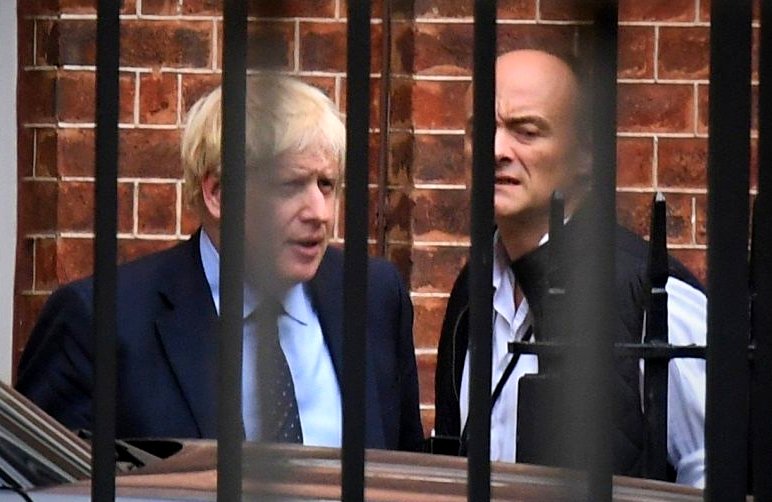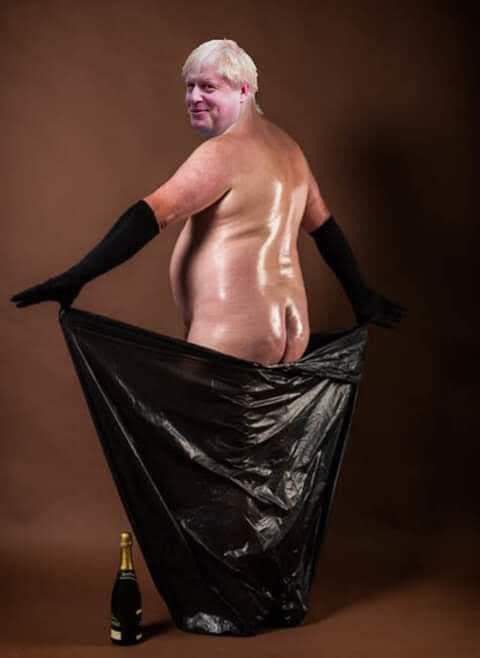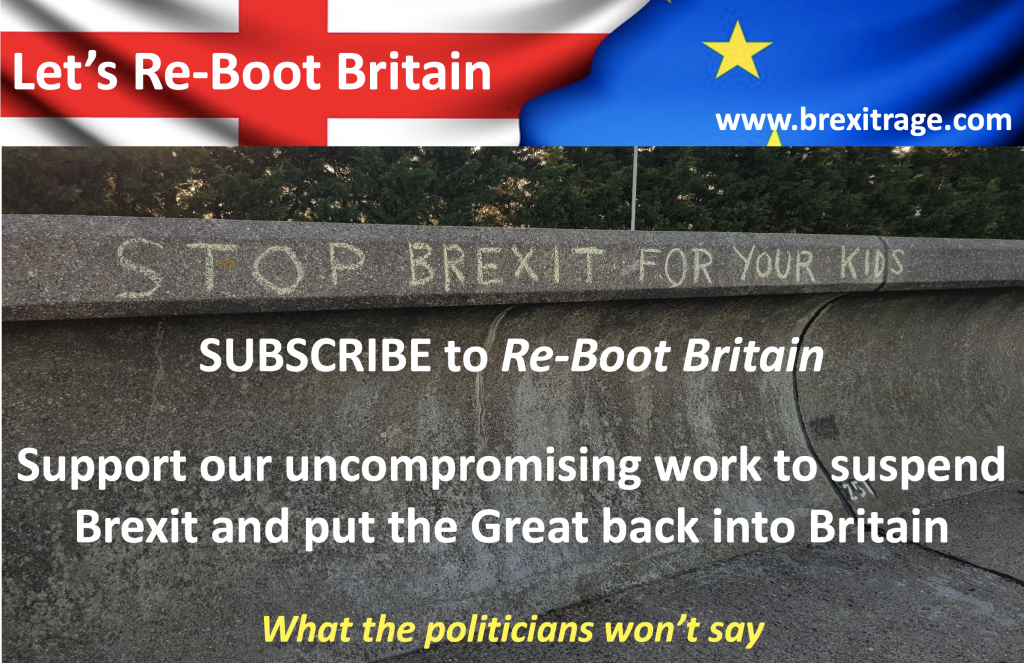Boris Johnson has accused the EU of not negotiating seriously. As is often the case, where Johnson is concerned, the facts show the exact opposite.
From the outset of the negotiations, there were three unproductive years during which Theresa May negotiated, mostly, not with the EU, but with the Brexiteer extremists in her own party. Johnson played a major part in ensuring that any deal that May drew up with the EU did not gain the support of the Tory right wing which she regarded as essential as a one nation Tory. Throughout this time, he ensured that it was Britain, not the EU, that wasted time rather than negotiating seriously.
Whilst we are here, don’t forget to SNITCH ON YOUR TORY MP – follow the link in red
Once he became prime minister, Johnson scrapped May’s proposed deal and instead negotiated with the EU a withdrawal agreement and a political declaration laying down agreed principles for a future free trade deal. (The withdrawal agreement has the status of an international treaty, binding in international law; the declaration is non-binding). This enabled him to gain sufficient support in the British Parliament to hold a general election. However, having achieved a substantial majority, he retracted his agreement to a major element in the political declaration, the level playing field which requites alignment of regulations in certain or areas – environment, workers conditions, tax and state aid. The level playing field is regarded by the EU as an essential condition for access to the tariff and quota-free single market. If Johnson had merely required some adjustment to aspects of one or more the areas concerned, this might have been negotiable, within the non-binding terms of the declaration. However, by reneging on the whole concept, regarded by the EU as an essential guarantee that free trade should also be fair, Johnson made it clear that he never intended to stand by the political declaration’s terms once it had served its purpose. That purpose was to fool opponents of No Deal in his own party and other parties into believing that he sincerely intended to strike a deal with the EU, so that they would cease blocking the general election. This is not the behaviour of a serious international negotiator or statesman.
All successful negotiations rely on trust
Johnson’s (or more likely Dominic Cummings) choice of negotiator, David Frost, is another indicator of their approach to the negotiations. Frost outlined his own views on trade policy early on when he said that:
“It’s possible to be political partner and economic competitor. Economic competition, between countries as between firms, boosts wealth for everybody in the long run …”
This approach fundamentally misunderstands business as much as it does politics. It leaves little room for alignment of regulations, as required in a level playing field. Frost has not said what sort of competitive practices he thinks countries might legitimately use under his concept of ‘wealth-creating’ competition. Perhaps they might be these:

This sort of free for all leads eventually to trade wars, as seen today between China and the United States. They create poverty for everyone, not wealth as Mr Frost claims. The appointment of a negotiator whose outlook leads to trade wars is not a serious approach to a free trade negotiation.

Johnson is trying to avoid blame for the inevitable catastrophe of No Deal if this occurs over the main unresolved issues of state aids and fish. That is why he is now, disgracefully, denouncing the Withdrawal Agreement, which he himself devised earlier this year and freely entered into. Comment on this, and on the unresolved issues, will be covered in next week’s issue.
Adrian Ekins-Daukes






[…] last week’s article on negotiations with the EU we showed that it was Johnson’s regime which […]